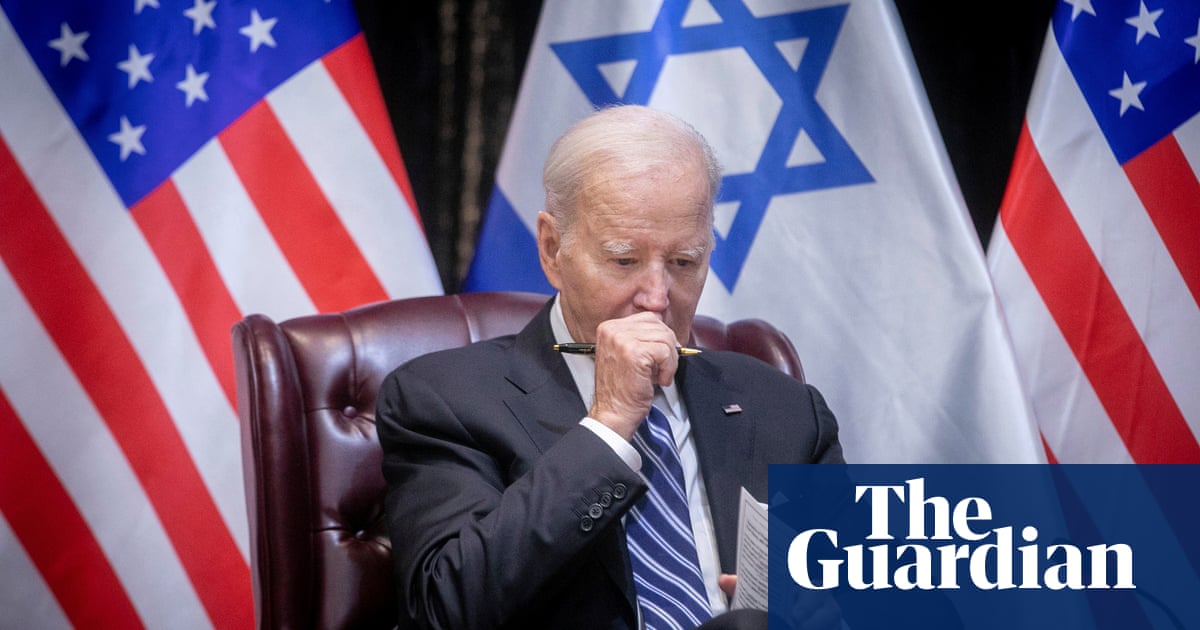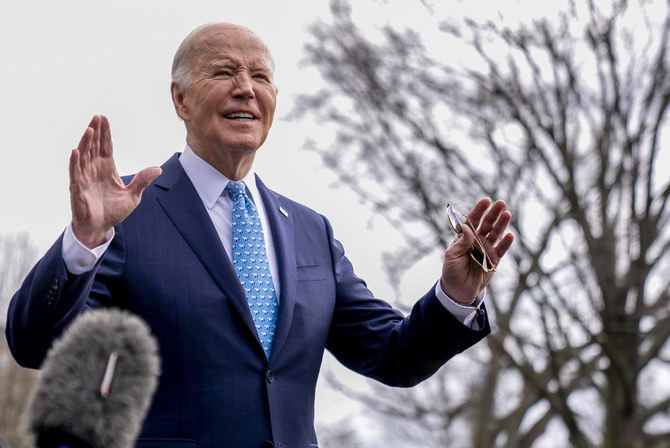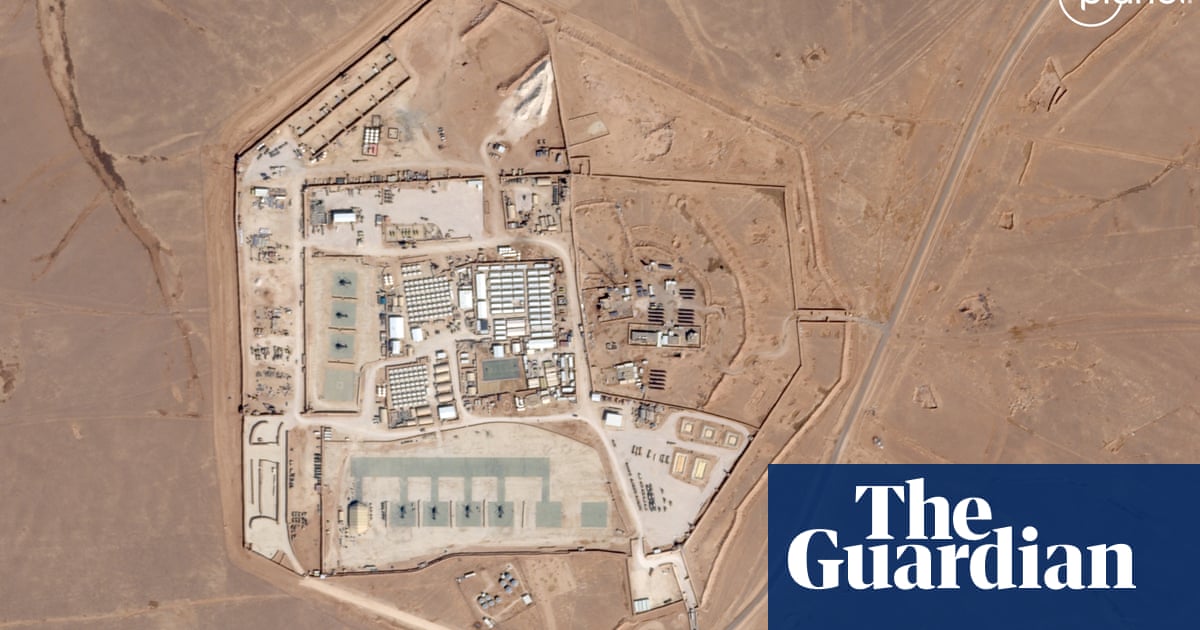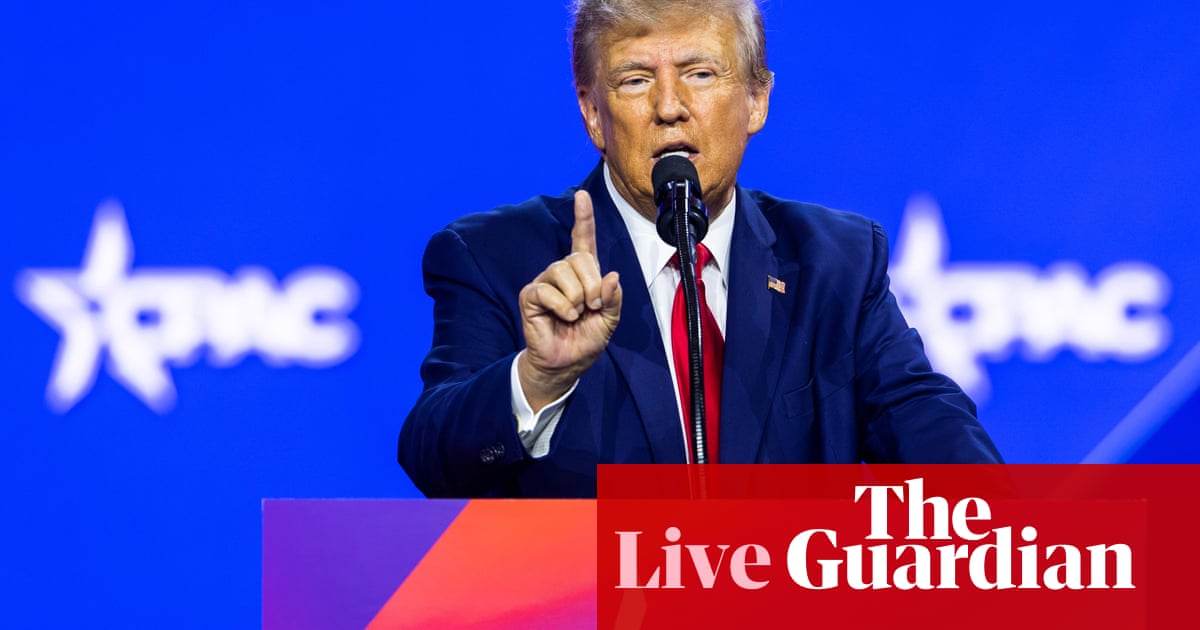
WASHINGTON — The United States must work with other leading global powers to curb Iran’s “destabilizing” nuclear ambitions, said President Joe Biden on Friday.
In his address to the Munich Security Conference, the US president said his administration was “prepared to re-engage in negotiations” with the UN Security Council on Tehran’s nuclear program.
Earlier on Thursday, the Biden administration said that the US is willing to sit down for talks with Tehran and other signatories to the Iran nuclear deal before either side has taken any tangible action to salvage or return to compliance with the agreement.
"The United States would accept an invitation from the European Union High Representative to attend a meeting of the P5+1 and Iran to discuss a diplomatic way forward on Iran"s nuclear program," State Department spokesperson Ned Price said in a statement.
The P5+1 refers to the permanent members of the UN Security Council — China, France, Russia, the United Kingdom, and the United States — and Germany.
Seeking a sharp break from the "America First" policies of his predecessor, Biden reaffirmed the US position of global leadership, the power of its alliances, and the resilience of democracy in the United States and abroad.
When Biden last addressed the Munich Security Conference two years ago, he made a promise to a packed-in crowd at the Hotel Bayerischer Hof.
"This too shall pass," Biden said in 2019, lamenting the isolationist turn the US took under then-President Donald Trump. "We will be back."
On Friday, Biden made good.
"I"m a man of my word," he told the virtual meeting. "America"s back."
In contrast with his predecessor, Biden took Russia to task for its destabilizing activities in cyberspace, accusing the country"s leader — using only his last name — of attempting to destabilize Europe.
He announced he was halting a withdrawal of troops from Germany that Trump had demanded, framing the decision as critical to bolstering Europe"s defenses. And he voiced support for NATO and its Article 5 commitment to collective defense, something Trump sometimes appeared reluctant to affirm during his years in office.
It was an attempt both by Biden and his counterparts to move on from the tumult and unpleasantness of the Trump years, which left transatlantic ties badly strained. Whether they can be quickly restored remains an open question; European leaders have eyed with caution the insurrection attempt on Jan. 6 as evidence of pervasive division in the United States that cannot be quickly erased.
Still, Biden made the case that — for now at least — the United States will return to the table.
"I know the past few years have strained and tested our transatlantic relationship," he said, addressing the conference remotely from the White House East Room. "The US is determined to reengage with Europe. To consult with you. To earn back our position of trusted leadership."
Paired with his first virtual session of the G7 a few hours earlier, Biden"s back-to-back diplomatic engagements centered on his attempt to affirm what he said was the "cornerstone of all we hope to accomplish": America"s ties with its most traditional allies.
He did not specifically name Trump, who viewed Europe as a trade rival and often said he believed traditional US friends were harder to deal with than adversaries. But he hardly had to.
"Our partnerships have endured and grown through the years because they are rooted in the richness of our shared democratic values. They"re not transactional," he said, rebuking the preferred worldview of his predecessor in favor of something more cooperative.
While officials, in previewing his appearances, said Biden would not be focused mainly on Trump during his outings, his predecessor"s looming influence nonetheless informed the message the President sought to convey.
He said the world was at an "inflection point" between democracy and more autocratic regimes; his statement that "democratic progress is under assault" could be interpreted as describing his own country as well as foreign nations.
"I believe with every ounce of my being that democracy will and must prevail," he declared.
He made broad declarations about joining together to counter Russia and China, though he did not offer specifics on either front. He said the US remained committed to ensuring Afghanistan does not again become a safe haven for terrorists, he did not outline plans for a US troop withdrawal.
Instead, his remarks were meant as a broad statement of support for US-Europe ties after four years in the wilderness.
"The last four years have been hard, but Europe and the United States have to lead with confidence once more, with faith in our capacities, a commitment to our own renewal, with trust in one another," he said. — Agencies












